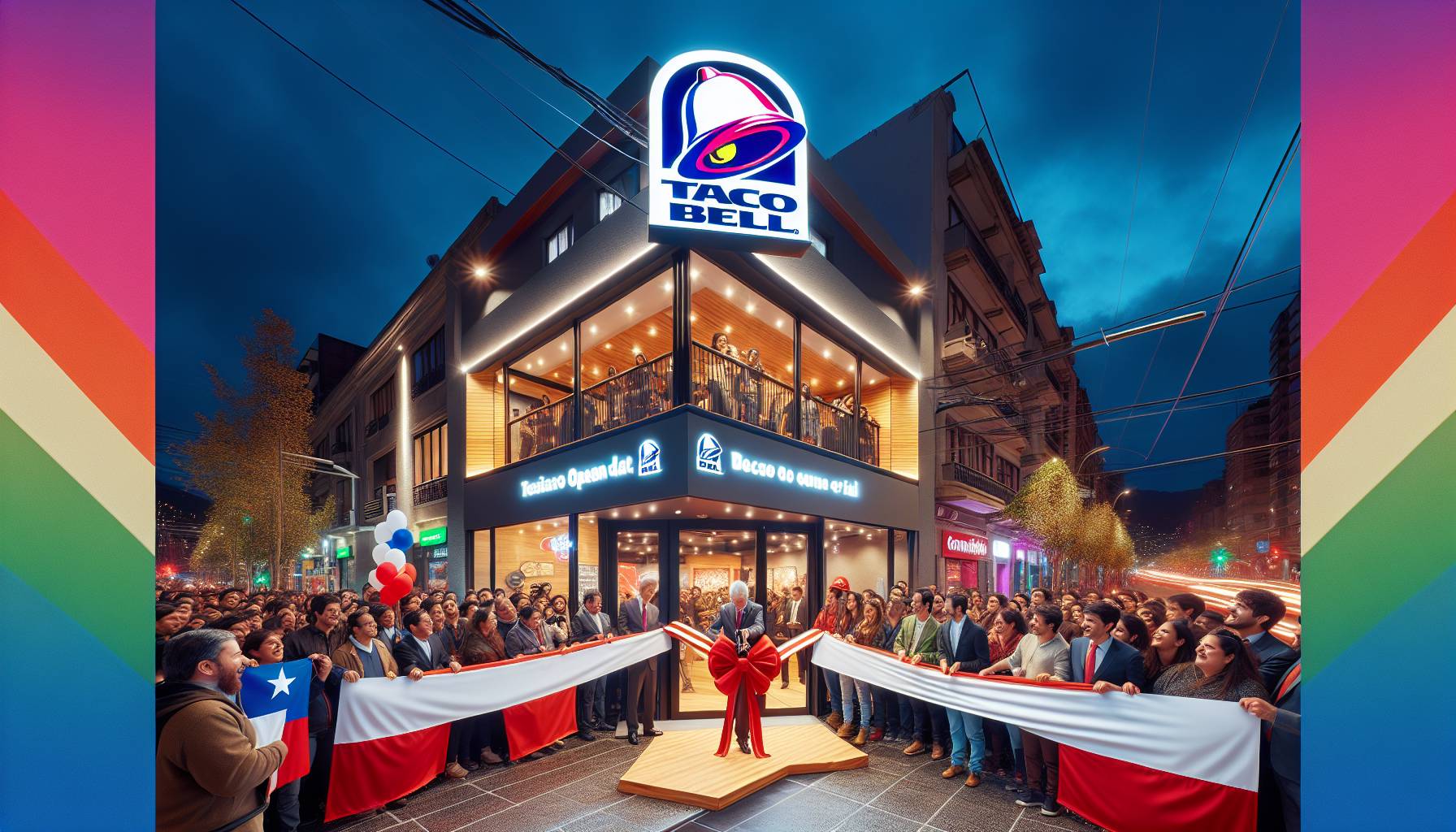Partnership between Metal Powder Works and Westinghouse
Metal Powder Works (ASX: MPW) has established a strategic partnership with Westinghouse Electric to evaluate the applicability of its proprietary metal powders in nuclear energy applications. The analysis will concentrate on the possible incorporation of MPW’s high-performance powders into additively manufactured components within Westinghouse’s nuclear operations.
This partnership situates MPW at the leading edge of advanced manufacturing in the nuclear field, which increasingly depends on precision-engineered materials. The company’s patented technology facilitates the creation of uniform, high-quality metal powders that are essential for the consistency and reliability demanded in nuclear-grade components.
Westinghouse, a worldwide frontrunner in nuclear energy systems, is investigating additive manufacturing as a method to bolster component performance, decrease lead times, and enhance supply chain resilience. MPW’s participation in this venture indicates significant endorsement of its technology by a leading industry entity.
For investors, this partnership marks a crucial milestone in MPW’s commercialisation strategy, likely paving the way for long-term revenue opportunities in the global nuclear market. The agreement also underscores the increasing demand for Australian innovation in high-specification manufacturing fields.
The expanding role of additive manufacturing in nuclear energy
Additive manufacturing is swiftly becoming a transformative element in the nuclear energy arena, presenting a pathway to streamline production, lower costs, and improve the performance of essential components. This technology allows for the creation of complex geometries that are challenging or unfeasible to achieve through conventional manufacturing, which is particularly beneficial in the highly regulated and precision-oriented nuclear industry.
Experts predict that the global nuclear additive manufacturing market will surpass US$36 billion, fueled by the necessity to modernise outdated infrastructure and the drive for cleaner energy options. This growth trend is supported by additive manufacturing’s capacity to enable quicker prototyping, lessen material waste, and enhance component durability—critical factors in nuclear operations where safety and efficiency are vital.
Westinghouse’s interest in additive manufacturing mirrors a wider industry trend, as nuclear operators aim to reduce supply chain weaknesses and prolong the life of current reactors. By utilizing advanced metal powders like those developed by MPW, manufacturers can create components with superior mechanical characteristics and improved corrosion resistance, both essential in high-radiation settings.
For Australian investors, the convergence of additive manufacturing and nuclear energy offers an intriguing thematic opportunity. Companies like MPW are strategically positioned to take advantage of this transition, providing exposure to a rapidly growing segment with significant global demand and strategic relevance. As regulatory frameworks evolve to embrace new manufacturing techniques, early participants in this domain may experience considerable upside potential.

